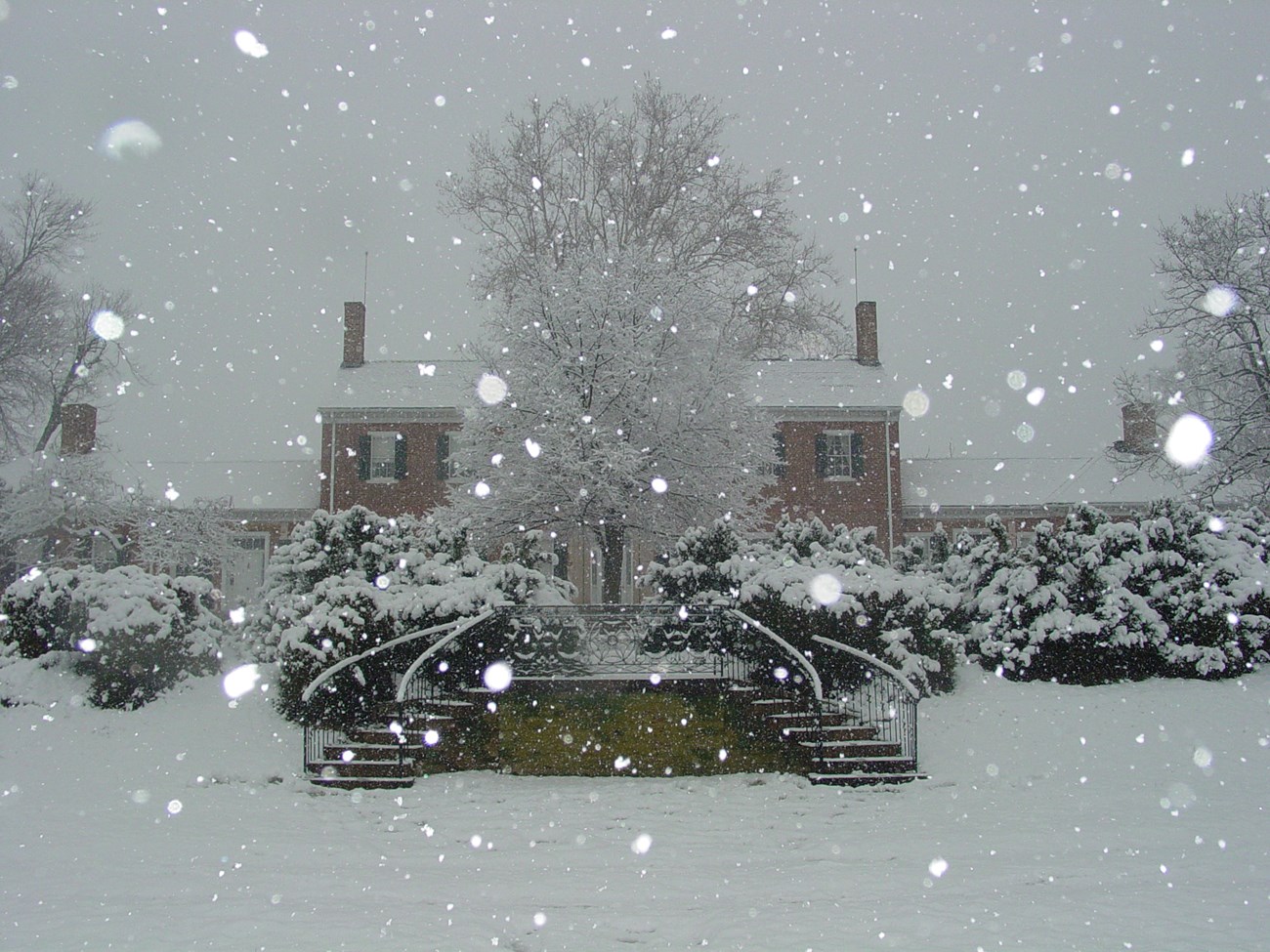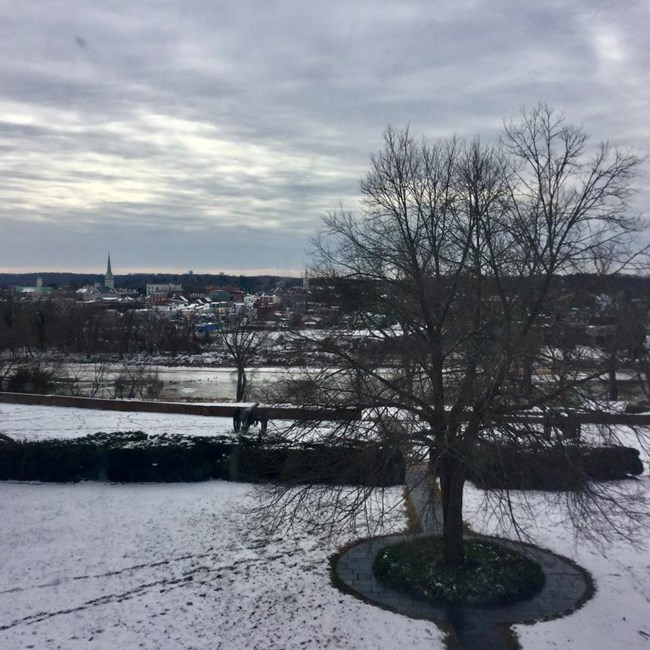
NPS Photo Enslaved people were tasked with a wide variety of jobs on the plantation at Chatham. They tended the farm fields, ran the house and performed more specialized work like blacksmithing or carpentry. One enslaved man, Gerard, even served as William Fitzhugh’s jockey and horse groom. The property included slave quarters for fifty people, as well as a mill, ferry, fishery and quarry. In a later advertisement, Fitzhugh boasted that his slaves were “for the number as likely and as valuable a set of Negroes as any in Virginia.” William Fitzhugh decided to sell Chatham in 1797 and advertised the property, and enslaved people along with it. In an effort to liquidate his land assets, Fitzhugh promised slave families to assist a new proprietor in cultivating the land. “The subscriber…offers for sale the following Land and Negroes, at prices so reduced as to claim the attention of persons wishing to invest money in such property…about two hundred and thirty Negroes, of different ages, sizes and description. A sale of them by families will be preferred; to effect this they will be offered at a reduced price.” Though it took Fitzhugh nine years to sell Chatham, he moved away to Alexandria, leaving his slaves behind to continue cultivating the land. Enslaved people were gradually sold off over the succeeding years. Fitzhugh remarked in a letter to a friend that the process of liquidating his assets was difficult and strenuous. “At present I am a slave, nay worse than a slave, for I labour with my Body and my mind is continually harass’d…” 
NPS Photo Abraham, Robin, Cupid, James and Philip were certainly not the last enslaved people to live and work at Chatham. Slavery sustained this plantation for another sixty years until the onset of civil war. The 1805 uprising is the only known revolt at Chatham, but enslaved people found other ways to thwart their captivity. Many escaped when the Union army arrived in Fredericksburg, and some even took up arms against the Confederacy to defend their freedom and destroy the institution that enslaved millions. |
Last updated: January 28, 2024
